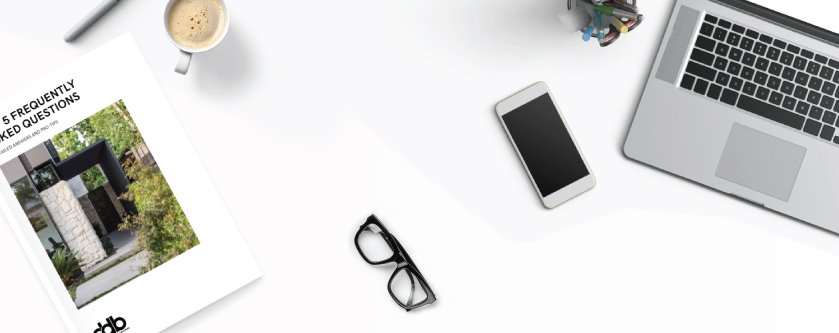
EMAIL #56 - 27th, January, 2020 - THE RISE OF VULNERABILITY
Hi Team,
I hope you are enjoying the mild weather and are making the most of the Aust Day long weekend?
To continue my current theme of emotional intelligence, I would like to explore a topic that has exploded in our awareness over the last few years and is now one of the most talk about and written about topics across all media and digital platforms, "The Rise Of Vulnerability". It may seem a little strange that the owner of a building company is writing about this topic, because vulnerability could be seen as the exact opposite of the classic Aust male archetype (i.e.,"tough, rugged, no bs, look after your mates") and a few years ago I would have agreed with this scepticism. But in recent years authors and researchers such as Brene Brown (most watched TED talk of all time) and Mark Mason have helped to open my eyes to the huge importance of vulnerability in our relationships, our jobs and our lives.
According to Brown, Mason and many others, Vulnerability can greatly boost your personal confidence, can help to make you far less self-conscious, can strengthen your relationships, can give you more personal power and can greatly enhance your likeability. It sounds like a veritable superpower!! So, let's try to break it down and understand why it has become such a hot topic and why we should all be embracing vulnerability.
Vulnerability is consciously choosing to not hide your emotions or desires from others. You are being vulnerable when you freely express your thoughts and feelings regardless of what others might think of you. The difficulty is that although being vulnerable is quite simple it is not easy and takes real courage. What makes it tough is that your vulnerability is only ever accessed by operating outside of your comfort zone.
"Vulnerability sounds like truth and feels like courage and truth and courage aren't always comfortable", Brene Brown.
Human emotions are powerful things and it turns out that vulnerability is actually the key to meaningful human connections. This is because humans are attracted to each other’s rough edges. Confident people are okay with who they are and with exposing their weaknesses, so they are not afraid to be vulnerable.
"Vulnerability is a litmus test for close relationships. If you cannot be vulnerable with someone, why bother", Mark Mason.
So if it is such a good thing, how do we access our vulnerability?
- Admit you suck at something. (Nothing is worse than someone trying to fake it).
- Take responsibility instead of blaming others. (Blaming others makes you look weak, but taking responsibility shows you believe in yourself and makes you stronger).
- Tell someone you appreciate or admire them. (You are very vulnerable when you express admiration or attraction to someone because you never know how they will react).
- Tell someone they are being hurtful or insensitive. (Standing up to bullies takes courage but can be hugely rewarding).
- Be genuine to who you are. (Vulnerability is not a tactic and it is very risky to try to fake it).
Real vulnerability is not about "what you do", It is all about "why you're doing it". So, it is the intention behind your behaviour that makes it truly vulnerable (or not). Mark mason summarises the power of Vulnerability beautifully in the following paragraph.
"Opening oneself up to vulnerability, training oneself to become comfortable with your emotions, with your faults, and with expressing oneself without inhibitions doesn’t happen overnight. It is a process. A gruelling one at times.
But I can assure you, if you put in the work—if you have the difficult conversations; if you express yourself honestly even when it’s risky to do so; if you tell the world “this is who I am and I refuse to be anything else”—you’ll find new depth in your relationships. All of your relationships."
Thanks for reading and have a wonderful Australia day.
David
